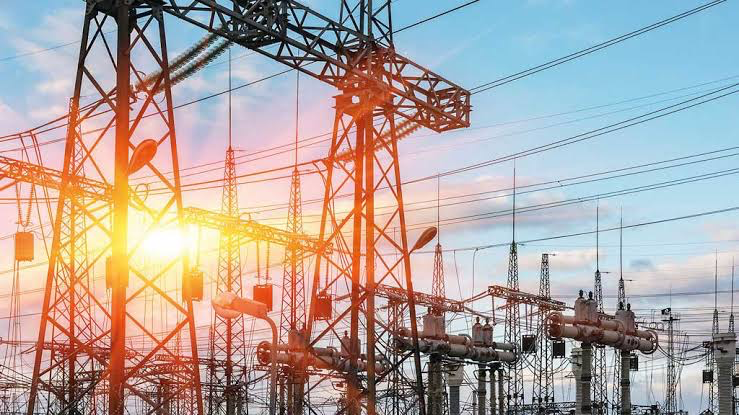Nigeria’s electricity grid suffered a catastrophic collapse mere weeks after implementing tariff increases, exacerbating the country’s energy crisis. The collapse, which occurred on April 15, underscores the fragile state of Nigeria’s power infrastructure and the challenges faced by both consumers and the government in ensuring reliable electricity supply.
The collapse of the grid, which serves Africa’s most populous nation, plunged vast swathes of the country into darkness, affecting businesses, homes, and essential services. The timing of the collapse, coming so soon after the tariff hike, has sparked widespread outrage among consumers who are already grappling with erratic power supply and soaring electricity bills.
The Nigerian Electricity Regulatory Commission (NERC) had approved significant tariff increases aimed at wealthier consumers, purportedly to improve investment in the power sector and enhance service delivery. However, critics argue that the timing of the tariff hike was ill-advised, considering the systemic challenges plaguing Nigeria’s electricity infrastructure, including outdated equipment, transmission bottlenecks, and rampant electricity theft.
The collapse of the power grid highlights the urgent need for comprehensive reforms in Nigeria’s energy sector to address longstanding issues of inefficiency, corruption, and mismanagement. Despite being Africa’s largest economy, Nigeria continues to struggle with inadequate power generation capacity, with millions of its citizens enduring daily power outages and relying on expensive alternative sources such as generators.
In response to the crisis, Nigerian authorities have launched investigations into the cause of the grid collapse, with initial reports pointing to technical faults and overloading as possible factors. However, addressing the root causes of Nigeria’s energy woes will require more than just temporary fixes or investigations after each breakdown.
Experts emphasize the need for sustained investment in upgrading and modernizing Nigeria’s power infrastructure, as well as promoting renewable energy sources to diversify the country’s energy mix and reduce reliance on fossil fuels. Additionally, there is a pressing need for improved governance, transparency, and accountability within the energy sector to ensure that resources are effectively utilized and infrastructure projects are executed efficiently.
The latest grid collapse serves as a wake-up call for Nigerian authorities to prioritize long-term solutions over short-term fixes and political expedience. With millions of Nigerians eagerly awaiting reliable electricity supply to power their homes, businesses, and aspirations, the stakes have never been higher for addressing the country’s energy challenges.
As Nigeria grapples with yet another power crisis, there is a glimmer of hope that this setback will galvanize stakeholders to take decisive action towards building a more resilient, sustainable, and inclusive energy future for all Nigerians.
Source: Reuters
Nigeria’s Power Grid Collapses, Deepening Crisis Amid Tariff Hike
219



